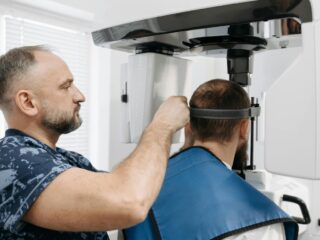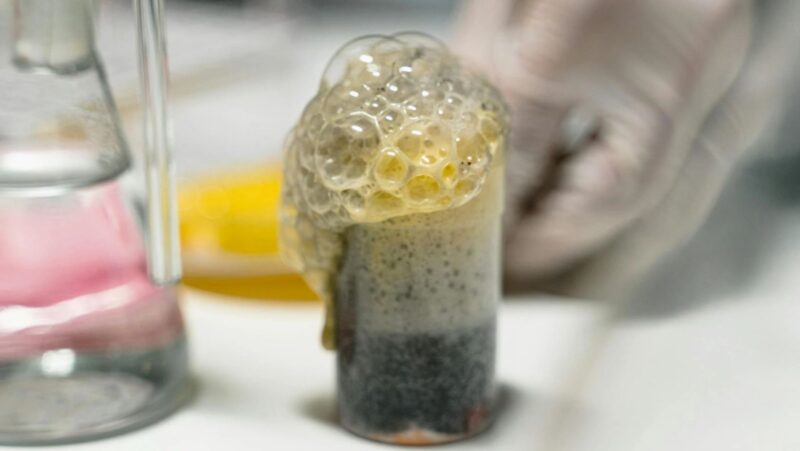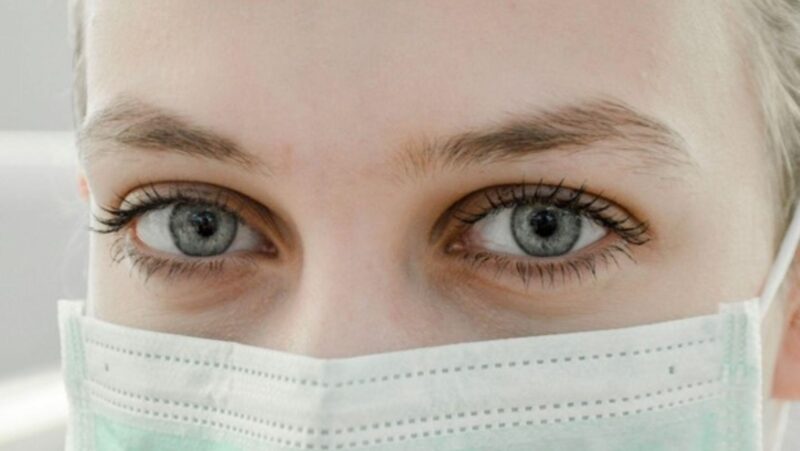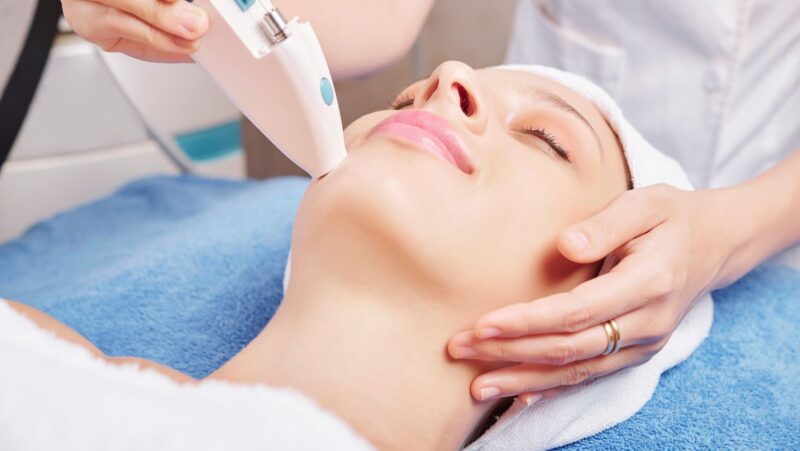
A Health and Exercise Science degree opens doors to diverse career opportunities in the growing health and wellness industry. From personal training to corporate wellness programs graduates can pursue roles that combine their passion for fitness with scientific knowledge.
This versatile degree equips students with a deep understanding of human anatomy physiology and exercise principles while developing crucial skills in research and program design. As health consciousness continues to rise across all demographics the demand for qualified professionals in this field keeps expanding. Whether someone dreams of working directly with athletes managing fitness facilities or diving into healthcare administration this degree provides the foundation for numerous rewarding career paths.
What can you do with a Health and Exercise Science Degree
A Health and Exercise Science degree combines scientific principles with practical applications in health promotion physical fitness. This interdisciplinary program integrates biology physiology nutrition kinesiology with evidence-based exercise methodologies.
Core Curriculum Components
The degree program focuses on these essential areas:
- Anatomy studies examining musculoskeletal systems function
- Exercise physiology exploring body responses to physical activity
- Biomechanics analyzing movement patterns mechanics
- Nutrition science covering dietary needs metabolic processes
- Research methods implementing scientific protocols data analysis
- Health psychology understanding behavior modification motivation
Program Structure
| Academic Level | Duration | Credit Hours Required |
|---|---|---|
| Bachelor’s | 4 years | 120-128 credits |
| Master’s | 2 years | 30-36 credits |
| Doctorate | 3-5 years | 60-72 credits |
Skills Development
Students develop specialized competencies in:
- Exercise prescription programming for diverse populations
- Health assessment techniques performance evaluation
- Data analysis interpretation of fitness metrics
- Clinical testing protocols measurement procedures
- Program design implementation strategies
- Health education communication methods
- Sports performance enhancement
- Clinical exercise physiology
- Corporate wellness programming
- Rehabilitation sciences
- Strength conditioning
- Public health promotion
Career Opportunities in Clinical Settings
Clinical settings offer Health and Exercise Science graduates diverse opportunities to apply their expertise in healthcare environments. These positions combine scientific knowledge with practical patient care to improve health outcomes through evidence-based interventions.
Physical Therapy and Rehabilitation
Physical therapy clinics employ Health and Exercise Science graduates as rehabilitation specialists or therapy assistants. These professionals develop exercise programs for patients recovering from injuries surgeries or chronic conditions. A clinical rehabilitation specialist’s responsibilities include:
- Conducting mobility assessments using standardized testing protocols
- Creating personalized exercise prescriptions based on patient conditions
- Monitoring patient progress through objective measurements
- Collaborating with physical therapists on treatment plans
- Documenting patient outcomes using electronic health records
Exercise Physiologist Roles
Exercise physiologists work in hospitals medical centers cardiac rehabilitation facilities. Their primary focus involves:
- Performing cardiopulmonary exercise testing for patients
- Designing exercise programs for individuals with chronic diseases
- Monitoring vital signs during supervised exercise sessions
- Coordinating with physicians on patient treatment plans
- Implementing stress testing protocols
- Managing clinical exercise equipment maintenance
- Coordinating clinical trials for exercise interventions
- Collecting data on treatment effectiveness
- Analyzing patient outcomes using statistical software
- Managing research participant recruitment
- Developing research protocols
- Publishing findings in peer-reviewed journals
| Clinical Setting Career Statistics | Data |
|---|---|
| Average Exercise Physiologist Salary | $50,280 |
| Clinical Research Growth Rate | 8% |
| Physical Therapy Assistant Growth | 32% |
| Required Clinical Hours for Certification | 1,200 |
Sports and Athletic Career Paths
Health and Exercise Science graduates excel in sports-focused careers that combine scientific knowledge with athletic performance enhancement. These roles emphasize practical application of exercise principles in competitive environments.
Strength and Conditioning Coach
Strength and conditioning coaches design specialized training programs for athletes across multiple sports levels. They implement periodization techniques for peak performance timing, conduct performance testing protocols, and analyze biomechanical movement patterns. Professional coaches earn $45,000-$75,000 annually at collegiate levels and up to $100,000+ in professional sports organizations.
Key responsibilities include:
- Creating sport-specific training protocols
- Monitoring athletic development metrics
- Teaching proper exercise technique
- Coordinating with sports medicine staff
- Developing injury prevention programs
Athletic Training Positions
Athletic trainers provide immediate care for sports-related injuries and develop rehabilitation programs for athletes. They work in settings like universities, professional sports teams, secondary schools or sports medicine clinics.
- Conducting injury assessments
- Applying therapeutic modalities
- Developing return-to-play protocols
- Managing emergency response procedures
- Maintaining detailed medical documentation
| Athletic Training Career Data | Statistics |
|---|---|
| Median Annual Salary | $49,860 |
| Job Growth Rate (2021-2031) | 17% |
| Required Education | Bachelor’s Degree |
| Certification Requirements | BOC Certification |
| Average Weekly Hours | 40-50 |
Corporate Wellness Opportunities
Corporate wellness programs enhance employee health outcomes while reducing healthcare costs for organizations. Health and Exercise Science graduates possess the expertise to design, implement, and manage these comprehensive workplace wellness initiatives.
Corporate Fitness Director
Corporate Fitness Directors oversee on-site fitness facilities and develop exercise programs for employees. They manage budgets ranging from $50,000 to $500,000 annually, supervise fitness staff teams of 5-15 members and track participation metrics to demonstrate program effectiveness. The position offers competitive compensation packages:
| Component | Amount/Range |
|---|---|
| Base Salary | $65,000 – $95,000 |
| Annual Bonuses | $5,000 – $15,000 |
| Benefits Value | $15,000 – $25,000 |
Workplace Wellness Coordinator
Workplace Wellness Coordinators create health promotion initiatives that address specific organizational needs. Their responsibilities include:
- Organizing health screenings for 100-1000+ employees
- Implementing stress management workshops with 85% participation rates
- Creating nutrition education programs that reduce sick days by 25%
- Managing wellness challenges with digital tracking platforms
- Coordinating with insurance providers to optimize employee benefits
- Analyzing program data to generate quarterly ROI reports
The median salary for Workplace Wellness Coordinators ranges from $45,000 to $75,000, with additional performance incentives based on employee participation rates and health outcome improvements. Organizations allocate $150-$300 per employee annually for wellness program budgets.
Academic and Research Paths
Health and Exercise Science graduates excel in academic settings through research contributions and educational roles. These positions combine scientific inquiry with knowledge dissemination in university environments.
University Research Positions
Research positions enable graduates to conduct studies in specialized areas of exercise science including:
- Laboratory Coordinators manage research facilities with salaries ranging from $45,000 to $65,000
- Research Associates design studies examining human performance factors earning $50,000 to $75,000 annually
- Post-Doctoral Fellows conduct funded research projects with stipends between $48,000 to $60,000
- Research Scientists lead investigations into exercise physiology topics earning $65,000 to $95,000
| Research Position | Salary Range | Key Responsibilities |
|---|---|---|
| Lab Coordinator | $45,000-$65,000 | Equipment maintenance, data collection |
| Research Associate | $50,000-$75,000 | Study design, participant recruitment |
| Post-Doctoral Fellow | $48,000-$60,000 | Grant writing, publication development |
| Research Scientist | $65,000-$95,000 | Project leadership, funding acquisition |
Teaching Opportunities
Academic teaching roles provide platforms for sharing exercise science expertise:
- Graduate Teaching Assistants earn $18,000 to $25,000 while pursuing advanced degrees
- Community College Instructors teach foundational courses with salaries from $45,000 to $70,000
- University Professors combine teaching with research earning $65,000 to $125,000
- Department Chairs oversee academic programs with compensation packages of $90,000 to $150,000
- Master’s degree for community college positions
- Doctorate for university professorships
- 3-5 years teaching experience for senior roles
- Publication record for tenure-track positions
Public Health and Community Roles
Health and Exercise Science graduates play vital roles in promoting public health through education programs community wellness initiatives. Their expertise helps address population health challenges while creating positive impacts in diverse communities.
Health Education Specialist
Health Education Specialists develop evidence-based programs to improve community health outcomes. These professionals create educational materials assess community health needs design intervention strategies teach health-promoting behaviors in schools workplaces healthcare facilities. The role requires certification from the National Commission for Health Education Credentialing with entry-level positions starting at $48,140 expanding to $82,710 for experienced specialists.
| Health Education Specialist Career Data | Statistics |
|---|---|
| Median Annual Salary | $60,600 |
| Job Growth Rate (2021-2031) | 12% |
| Required Certification | CHES/MCHES |
| Common Work Settings | Schools Healthcare Facilities Public Health Departments |
Community Program Director
Community Program Directors oversee health promotion initiatives wellness programs for specific populations. Their responsibilities include:
- Managing program budgets ranging from $50,000 to $500,000
- Supervising teams of 5-15 health educators wellness specialists
- Developing partnerships with local organizations healthcare providers
- Implementing evidence-based interventions for chronic disease prevention
- Evaluating program outcomes through data collection analysis
The position commands salaries between $65,000 $95,000 depending on program size community served location. Directors typically need 5+ years of experience specialized certifications such as Certified Health Education Specialist (CHES) or Master Certified Health Education Specialist (MCHES).
Skills and Healthcare Expertise
A Health and Exercise Science degree opens doors to numerous rewarding career paths across multiple sectors. From clinical roles and sports performance to corporate wellness and public health the opportunities are extensive and growing. The combination of scientific knowledge practical skills and healthcare expertise makes graduates highly marketable in today’s health-conscious world.
With competitive salaries strong job growth projections and the ability to make a real difference in people’s lives this field continues to attract passionate professionals. Whether someone’s interested in hands-on patient care sports performance enhancement research or community health promotion a Health and Exercise Science degree provides the foundation for a successful and fulfilling career.













